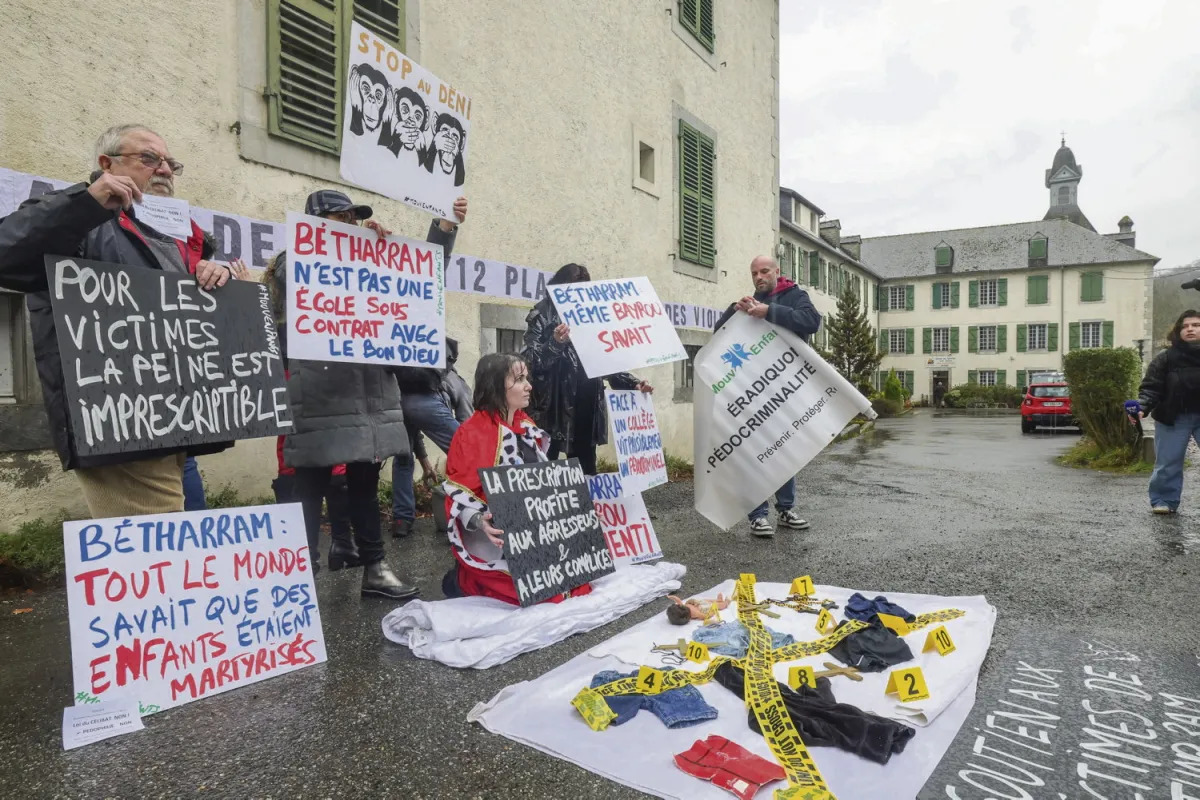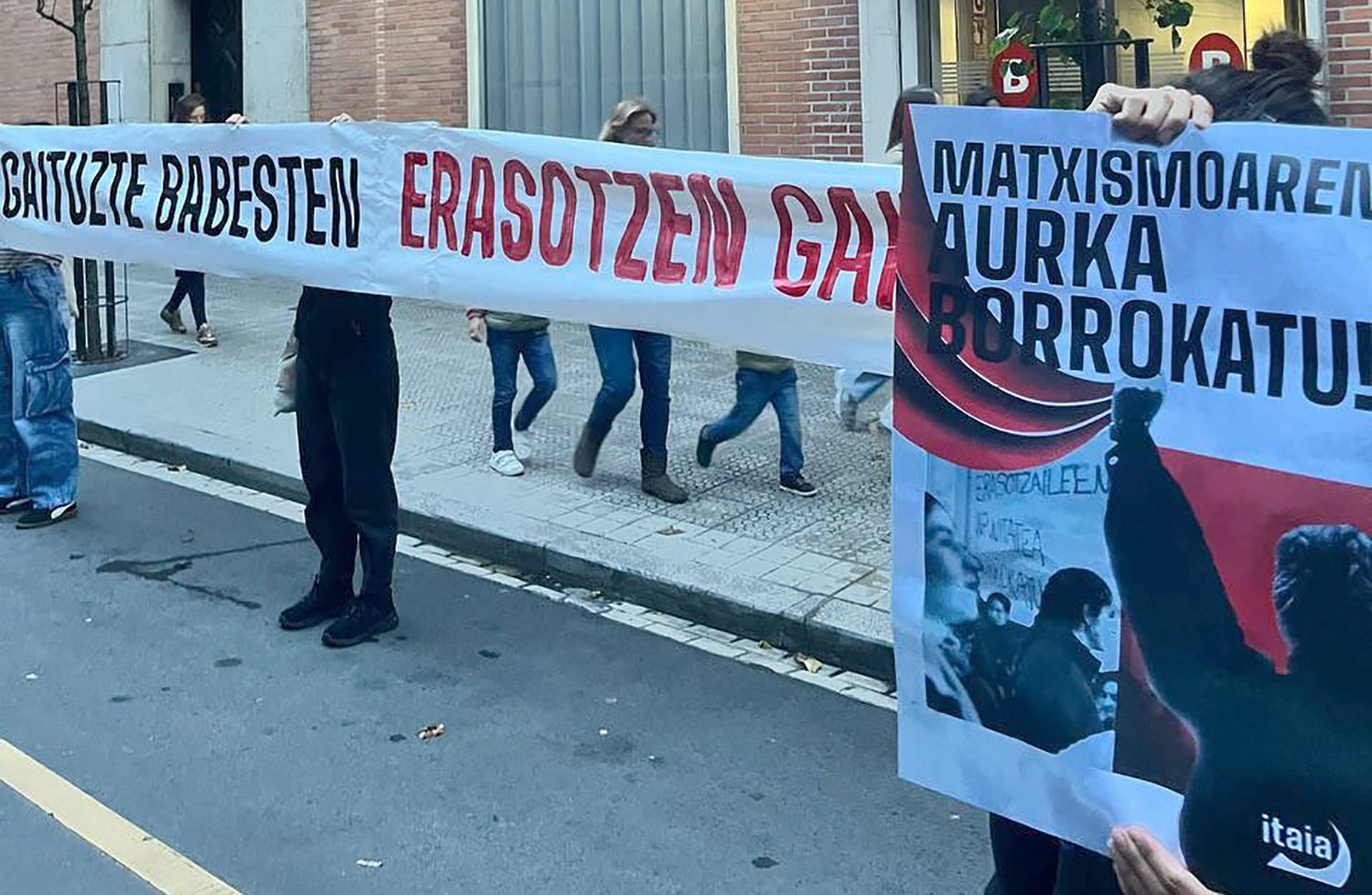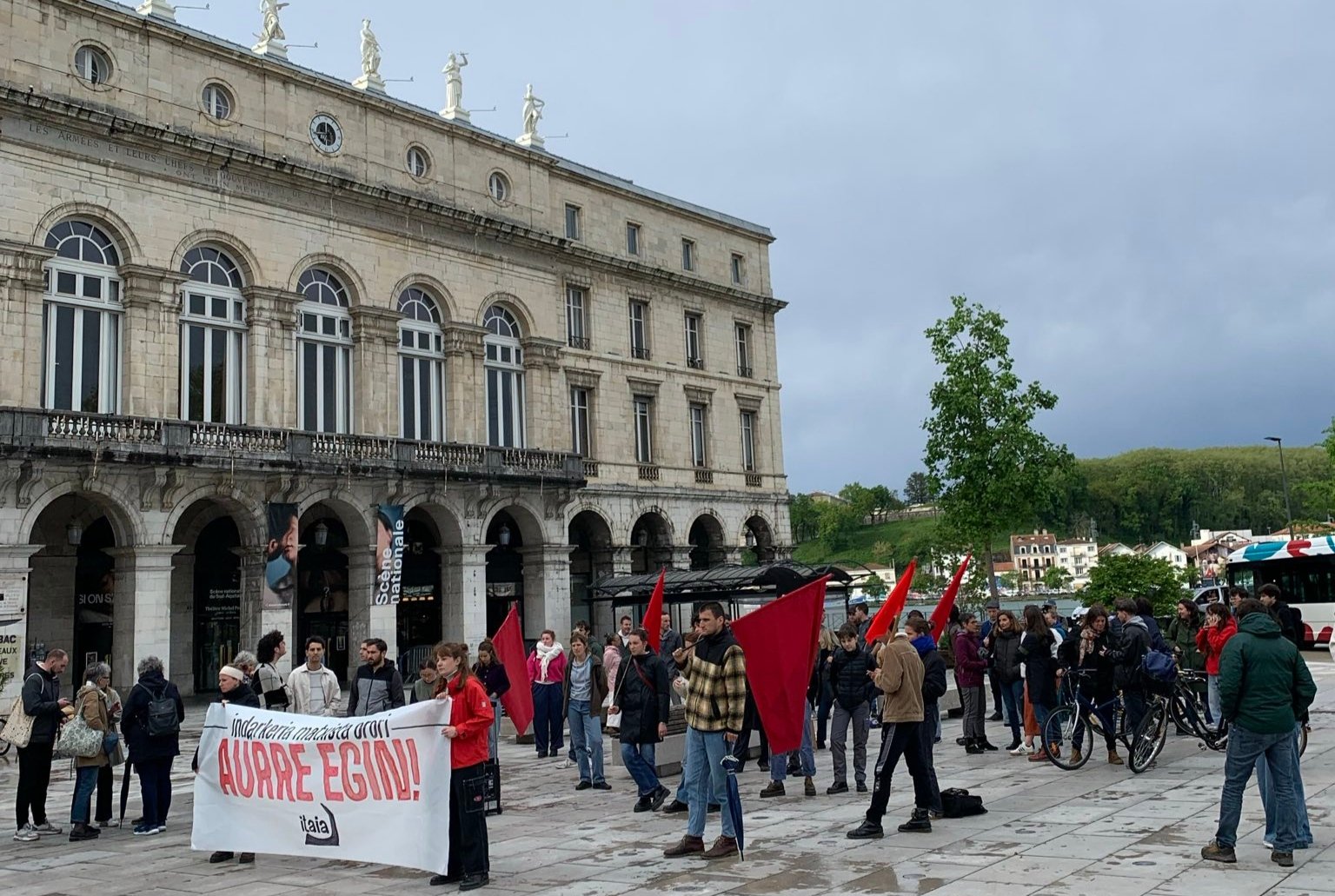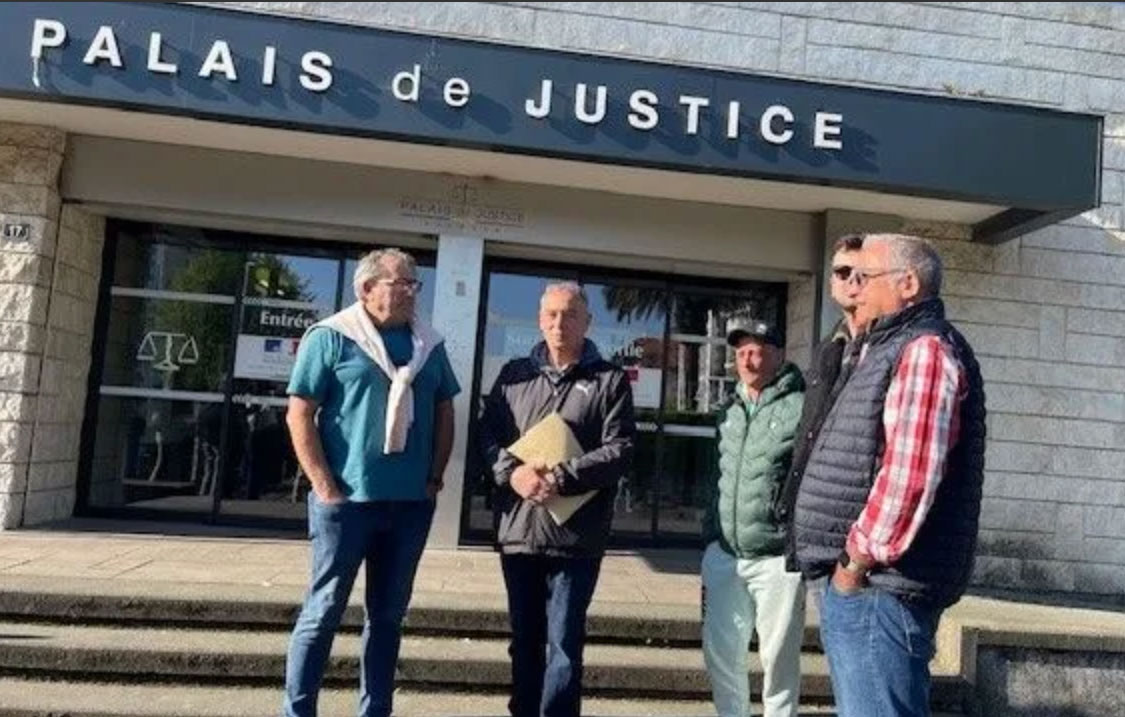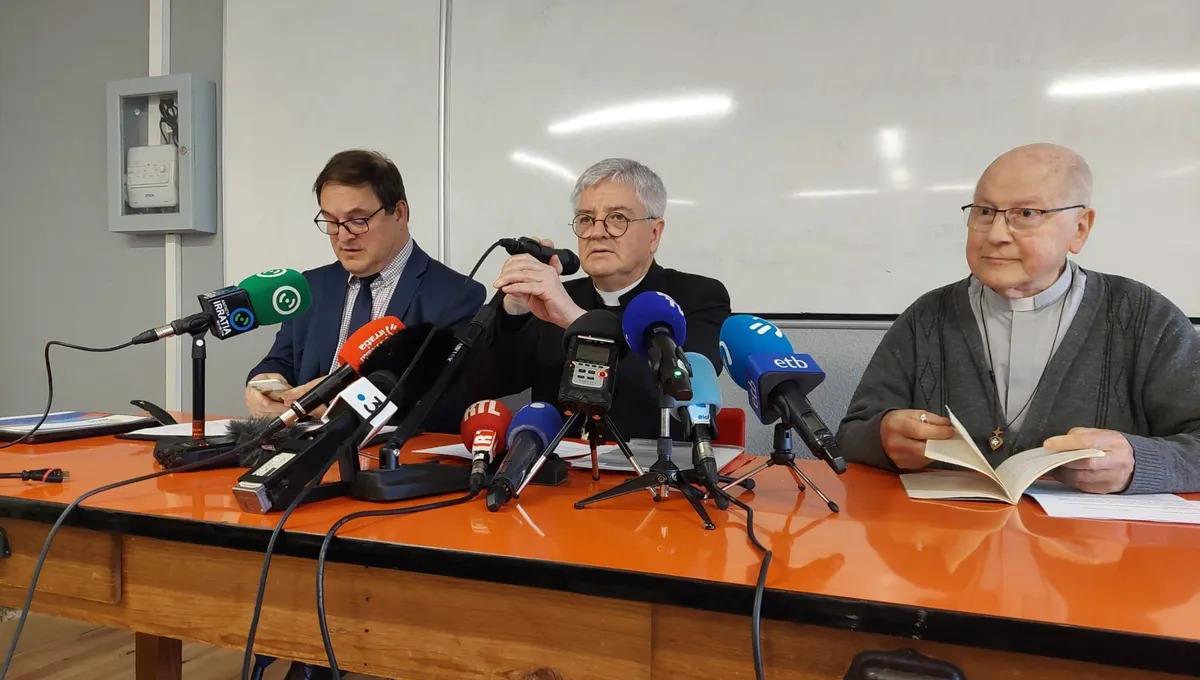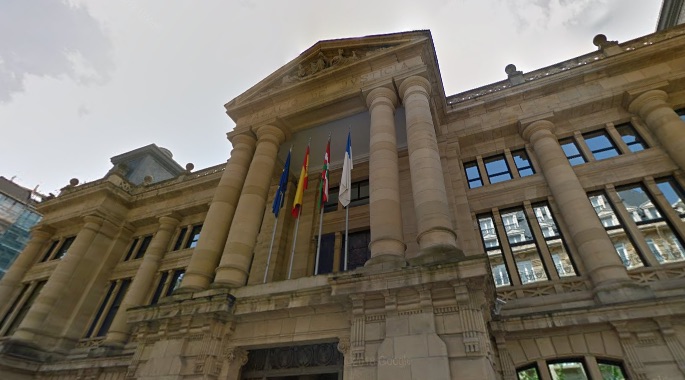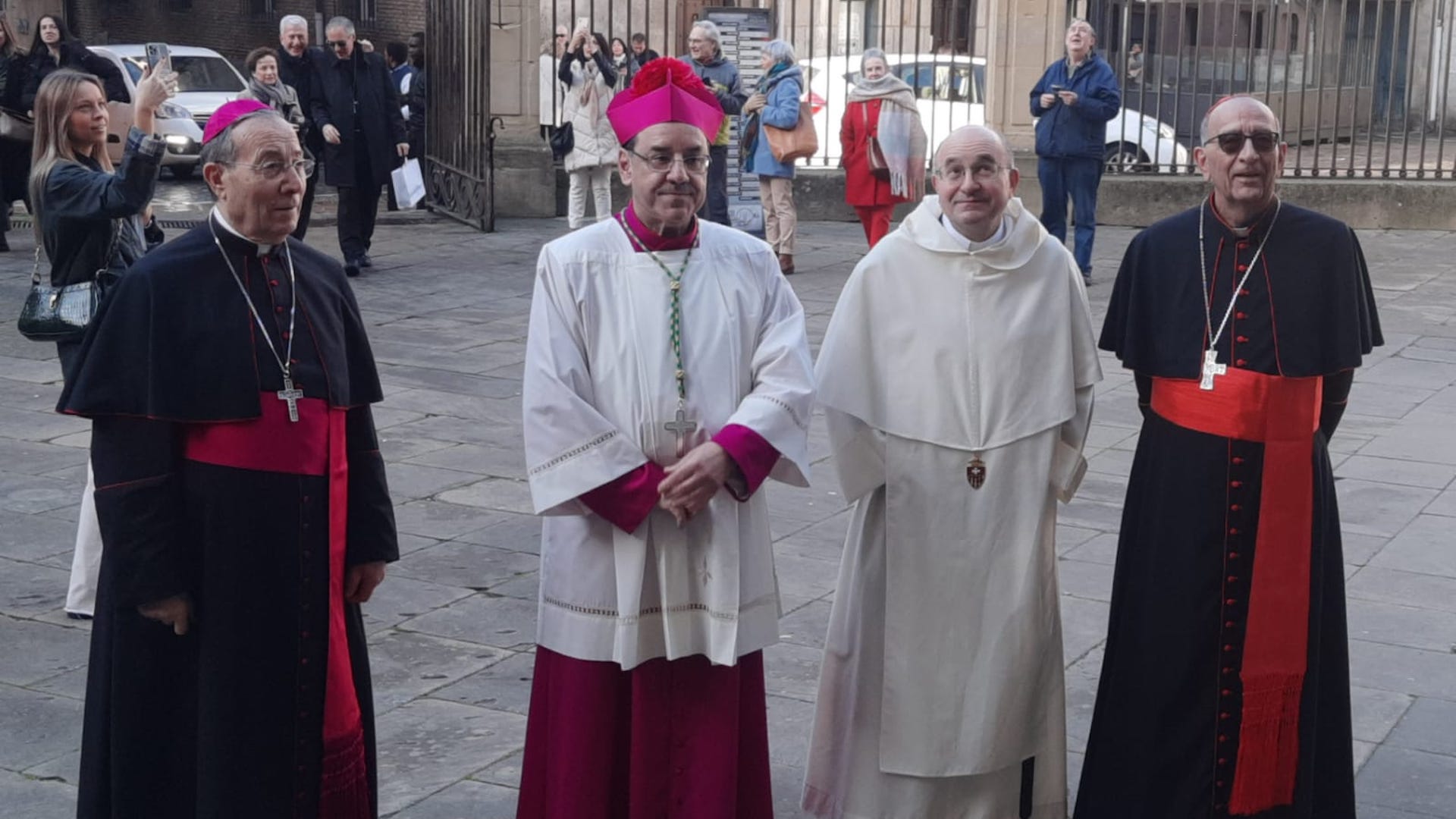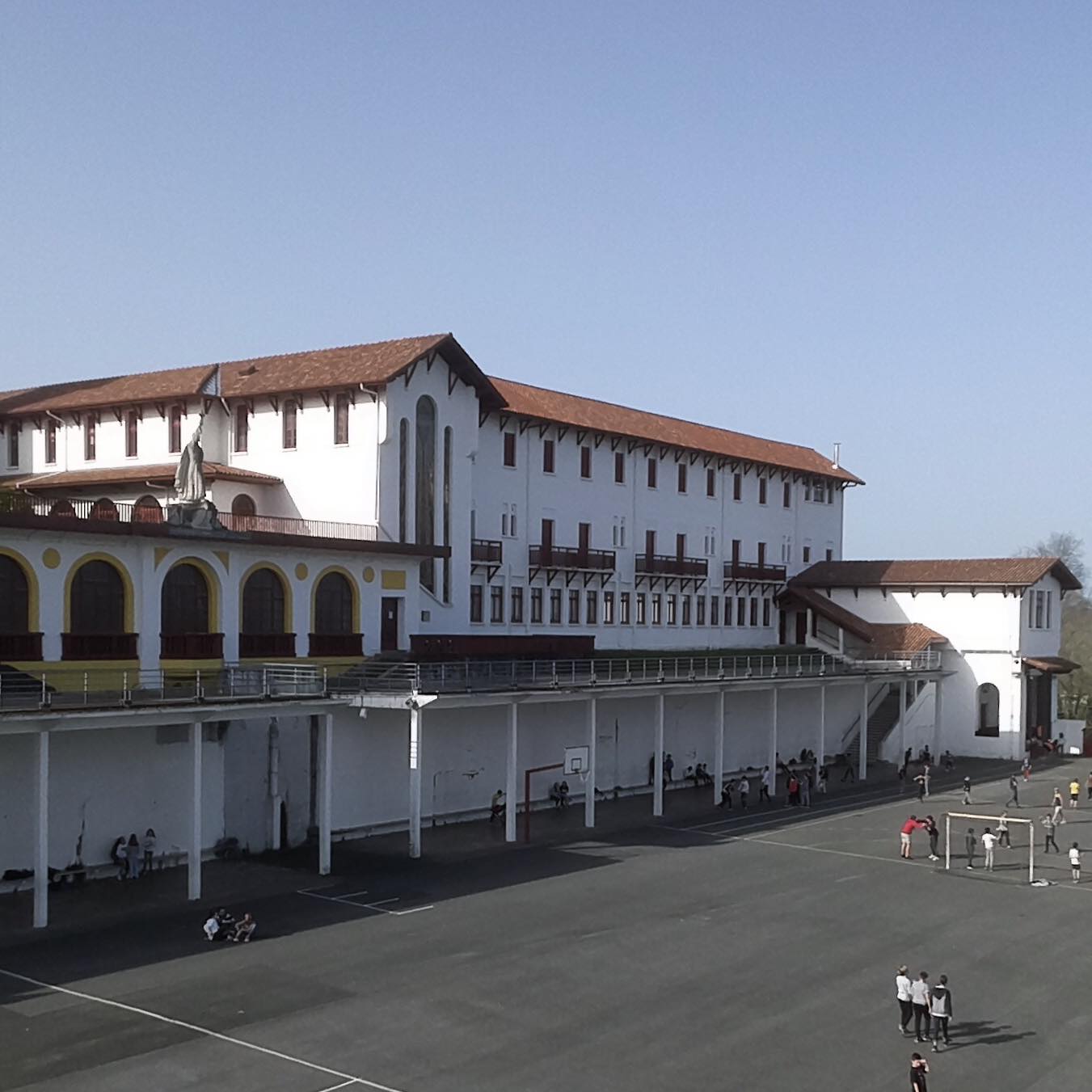Diego Yllanes refuses to erase the news surrounding him
- Faced with the murder of Nagore Laffage, Diego Yllanes claims the right to be forgotten. The National Court of Spain renounces the petition and decides that freedom of information and expression prevails.

Diego Yllanes was sentenced to 12 and a half years in prison for the murder of Nagore Laffage on 7 July 2008 in San Fermín. He served his sentence in 2020 and in a few months he claimed the right to be forgotten. The National Court of Spain renounces the petition and decides that freedom of information and expression prevails.
In the news of Nagore Laffage, Yllanes inevitably appears. That’s why Yllanes has asked Google, then the Spanish Data Protection Agency and finally the Spanish National Audience to remove some news about it. He argues, among other things, that he did not commit sexual crimes, but that some media disseminated his relationship with this type of crime. Incorrect data provision argues that they infringe fundamental data protection rights.
Google and the Spanish Data Protection Agency rejected the petition, among other things, for the public interest of the news, its similarity with other crimes committed subsequently and for a murder of great impact. However, he was told that he could request the modification of news with errors.
Lack of evidence
After the refusal, he appealed to the National Court. However, the National Court has found that freedom of information and expression prevails: "The complainant has not provided evidence of the notable inaccuracies in this news." It has also addressed the arguments of Google and the Spanish Data Protection Agencies.
Yllanes also asks that phrases such as the man who killed NL and the killer of NL be removed. According to the National Court, this type of sentence is not personal information of Yllanes, so it waives its request.
Prentsaurrekoa eskaini dute ostegun honetan Marc Aillet Baionako apezpikuak, elizbarrutiko hezkuntza katolikoko zuzendari Vincent Destaisek eta Betharramgo biktimen entzuteko egiturako partaideetarikoa den Laurent Bacho apaizak. Hitza hartzera zihoazela, momentua moztu die... [+]
Antifaxismoari buruz idatzi nahiko nuke, hori baita aurten mugimendu feministaren gaia. Alabaina, eskratxea egin diote Martxoaren 8ko bezperan euskal kazetari antifaxista eta profeminista bati.
Gizonak bere lehenengo liburua aurkeztu du Madrilen bi kazetari ospetsuk... [+]
11 adin txikikori sexu erasoak egiteagatik 85 urteko kartzela zigorra galdegin du Gipuzkoako fiskaltzak. Astelehenean hasi da epaiketa eta gutxienez martxoaren 21era arte luzatuko da.
Matxismoa normalizatzen ari da, eskuin muturreko alderdien nahiz sare sozialetako pertsonaien eskutik, ideia matxistak zabaltzen eta egonkortzen ari baitira gizarte osoan. Egoera larria da, eta are larriagoa izan daiteke, ideia zein jarrera matxistei eta erreakzionarioei ateak... [+]
Elizak 23 kasu ditu onarturik Nafarroa Garaian. Haiek "ekonomikoki, psikologikoki eta espiritualki laguntzeko" konpromisoa adierazi du Iruñeko artzapezpikuak.
15 urteko emakume bati egin dio eraso Izarra klubean jarduten zuen pilota entrenatzaile batek.
Lestelle-Betharramgo (Biarno) ikastetxe katolikoko indarkeria eta bortxaketa kasuen salaketek beste ikastetxe katoliko batzuen gainean jarri du fokua. Ipar Euskal Herriari dagokionez, Uztaritzeko San Frantses Xabier kolegioan pairaturiko indarkeria kasuak azaleratu dira... [+]
Bi neska komisarian, urduri, hiru urtetik gora luzatu den jazarpen egoera salatzen. Izendatzen. Tipo berbera agertzen zaielako nonahi. Presentzia arraro berbera neskek parte hartzen duten ekitaldi kulturaletako atarietan, bietako baten amaren etxepean, bestea korrika egitera... [+]









